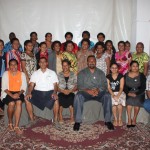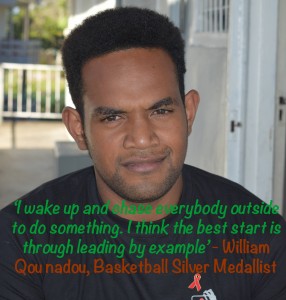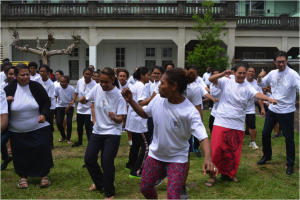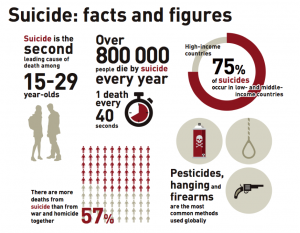Issue date: September 8, 2015
Close date: October 30, 2015
Amount of funding available for this proposal invitation cycle:
US$25,000-100,000 per grant; A total of up to US$200,000 to be awarded.
Eligibility:
Funds are to be used for NTD control and elimination programs that address the seven most common NTDs, including ascariasis (roundworm), trichuriasis (whipworm), hookworm, schistosomiasis (snail fever), lymphatic filariasis (elephantiasis), trachoma and onchocerciasis (river blindness), including:
– Treatment programs: mass drug administration (MDA) and MDA-related activities such as training, surveillance, monitoring and evaluation and educational materials.
– Elimination activities: transmission assessment survey (TAS), MDA and morbidity management/lymphedema care.
Governmental and non-governmental organisations (NGOs) are eligible to receive funding from the Global Network, and funds may be channelled through the World Health Organization (WHO) regional or country offices. However, direct government engagement or endorsement of the project through a formal letter is required.
Drug procurement, operational research and research and development (R&D) activities are not eligible for funding.
Priorities:
Global Network will prioritize submissions that meet the following criteria:
– A program in which a grant will make a significant impact on the successful implementation of the project and fill a gap not met by existing funding, or which will help leverage or attract other sources of program funding.
– An integrated MDA program, treating multiple diseases and/or multiple interventions (such as nutrition and water and sanitation programs), whenever possible.
– A program which advances a country’s national NTD control and elimination plan in coordination with the Ministry of Health and/or WHO.
– An implementer with a track record of success in timely completion of the MDA or other NTD treatment activity.
– All project proposals will be considered but priority will go to those carried out in Guatemala, Guinea, Guyana, Haiti, India, Liberia, Myanmar, Nicaragua, Nigeria, Pacific Islands, Sierra Leone and Somalia.
Requirements:
– Project funds must be expended within 1 year.
– Proposals must be a maximum of 5 pages, including a budget table and references.
– Proposals must list a principal contact, including full name, title, organization, email, phone number and mailing address.
– A detailed budget using the following format is required using USD; Recipient organizations may take overhead at a maximum of 13%.
………………..Full details in this file [Request for NTD Control and Elimination Programs]………………..
Submission Deadline:
All proposals must be submitted electronically to the Global Network by October 30, 2015 at 5:00PM (EDT) to the following email: Kristina.Marchu@sabin.org
This Request for Proposals is also available at: http://www.end7.org/apply-funding
Request for NTD Control and Elimination Programs




